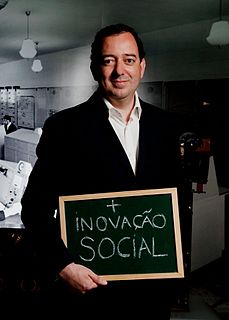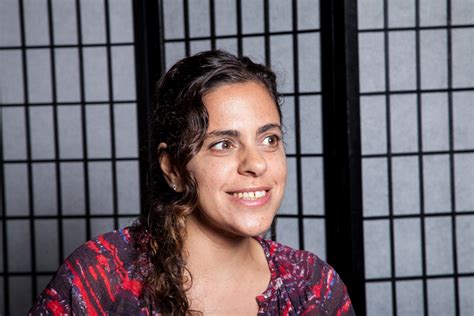A Quote by Henry Giroux
The nature of the issues facing U.S. students is a bit more complicated in the U.S. because the assault on the social state, until recently, has been more incremental [i.e. the stripping of public services and so forth], whereas in Britain with the rise of the conservative-liberal government, it was immediate and bold in its assault on the social state and higher education.
Related Quotes
It has been difficult for [young people in the U.S.] to connect the dots between rising tuition costs and other assaults on their dignity with the ongoing assault on public life and its myriad democratic institutions. Today's generation faces an enormous battle in turning back the current assaults on the social state, higher education, and the social good.
The demise of higher education as a public good is also evident in light of the election of a number of right-wing politicians who are cutting funds for state universities and doing everything they can to turn them in training centers to fill the needs of corporations. This new and intense attack on both the social state and higher education completely undermines the public nature of what education is all about.
I think the other side of this is in this balance between the social state and the punishing state, remember, the social state has been decimated. And the question becomes, how is finance capital, how does the 1 percent now resort to governing? And they govern basically through a form of lawlessness and what I call the punishing state, in which we've had a punishment creep, and now it moves from the prison to almost every institution in society, from airports to schools to social services.
In the eighties and nineties, the innovation agenda was exclusively focused on enterprises. There was a time in which economic and social issues were seen as separate. Economy was producing wealth, society was spending. In the 21st century economy, this is not true anymore. Sectors like health, social services and education have a tendency to grow, in GDP percentage as well as in creating employment, whereas other industries are decreasing. In the long term, an innovation in social services or education will be as important as an innovation in the pharmaceutical or aerospatial industry.
I also believe that upending ingrained ideas about what assault is a gun to the head, a stranger, a parking lot and what consent looks like a woman who gives a no really means yes is very messy. And part of the messiness is some students - and yes, usually these are liberal students - over-determining the definition of assault.
Conservative and liberal politicians alike now spend millions waging wars around the globe, funding the largest military state in the world, providing huge tax benefits to the ultrarich and major corporations, and all the while draining public coffers, increasing the scale of human poverty and misery, and eliminating all viable public spheres - whether they be the social state, public schools, public transportation or any other aspect of a formative culture that addresses the needs of the common good.
Against the tyranny of forgetting, educators, young people, social activists, public intellectuals, workers and others can work to make visible and oppose the long legacy and current reality of state violence and the rise of the punishing state. Such a struggle suggests not only reclaiming, for instance, education as a public good but also reforming the criminal justice system and removing the police from schools.
I still have a suspicion of charity and think the state has a role to play in many areas. And although for most of the years since I have been a rather privileged writer, I identify more closely than perhaps I should with those social workers. Had I not become a writer that would have been me. Lots of our friends are still in that world and I do feel part of that generation of people who were rather idealistic in the 70s and became disillusioned in the 80s. Not just about social services issues, but the world.
The challenges that young people are mobilizing against oppressive societies all over the globe are being met with a state-sponsored violence that is about more than police brutality. This is especially clear in the United States, given its transformation from a social state to a warfare state, from a state that once embraced a semblance of the social contract to one that no longer has a language for justice, community and solidarity - a state in which the bonds of fear and commodification have replaced the bonds of civic responsibility and democratic vision.
The loan crisis and the increasing slashing of funds for students, coupled with the astronomical rise in tuition, represent an unparalleled attack on the social state. The hidden agenda here is that when students graduate with such high debts, they rarely choose a career in public service; instead, they are forced to go into the corporate sector, and I see these conditions, in some ways, as being very calculated and as part of a larger political strategy to disempower students.
I have never been afraid to tackle tough or controversial issues, but I have always done it with the intent to do what I was elected to do, and that is represent the interests of my constituents, the working people of Hawaii. I feel that we are facing some of the most difficult issues in recent history with regard to food security, a widening income gap, and the rapidly increasing rise of the cost of living in our State. I know that the office of Lieutenant Governor can do more to address these issues.
All of the services commonly thought to require the State-from the coining of money to police protection to the development of law in defense of the rights of person and property-can be and have been supplied far more efficiently and certainly more morally by private persons. The State is in no sense required by the nature of man; quite the contrary.




























